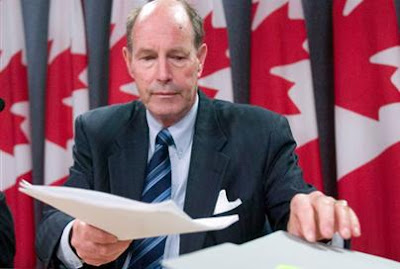Pension Tension on the Rise?

Colin Barr, senior writer at CNN Money reports that Pension tension is on the rise : Retirement plans are on the mend, but the healing process is going to be long and painful. In addition to taking a big chunk out of individuals' 401(k)s, last fall's market meltdown left 92% of corporate pension plans underfunded at year's end, according to a study by investment consultant Wilshire Associates. As bad as that sounds, it pales in comparison to the shortfalls in public pension plans. At the end of 2006, public pension plans were already underfunded by $361 billion, according to the Pew Charitable Trusts. That was before the stock market collapse, soaring unemployment rates and tumbling tax revenues dealt municipal finances another blow. The federal insurer of corporate pensions, the Pension Benefit Guaranty Corp., reported this month that it was $22 billion in the red in the most recent fiscal year. The PBGC takes over pensions when they are underfunded or when their sponsors ...










